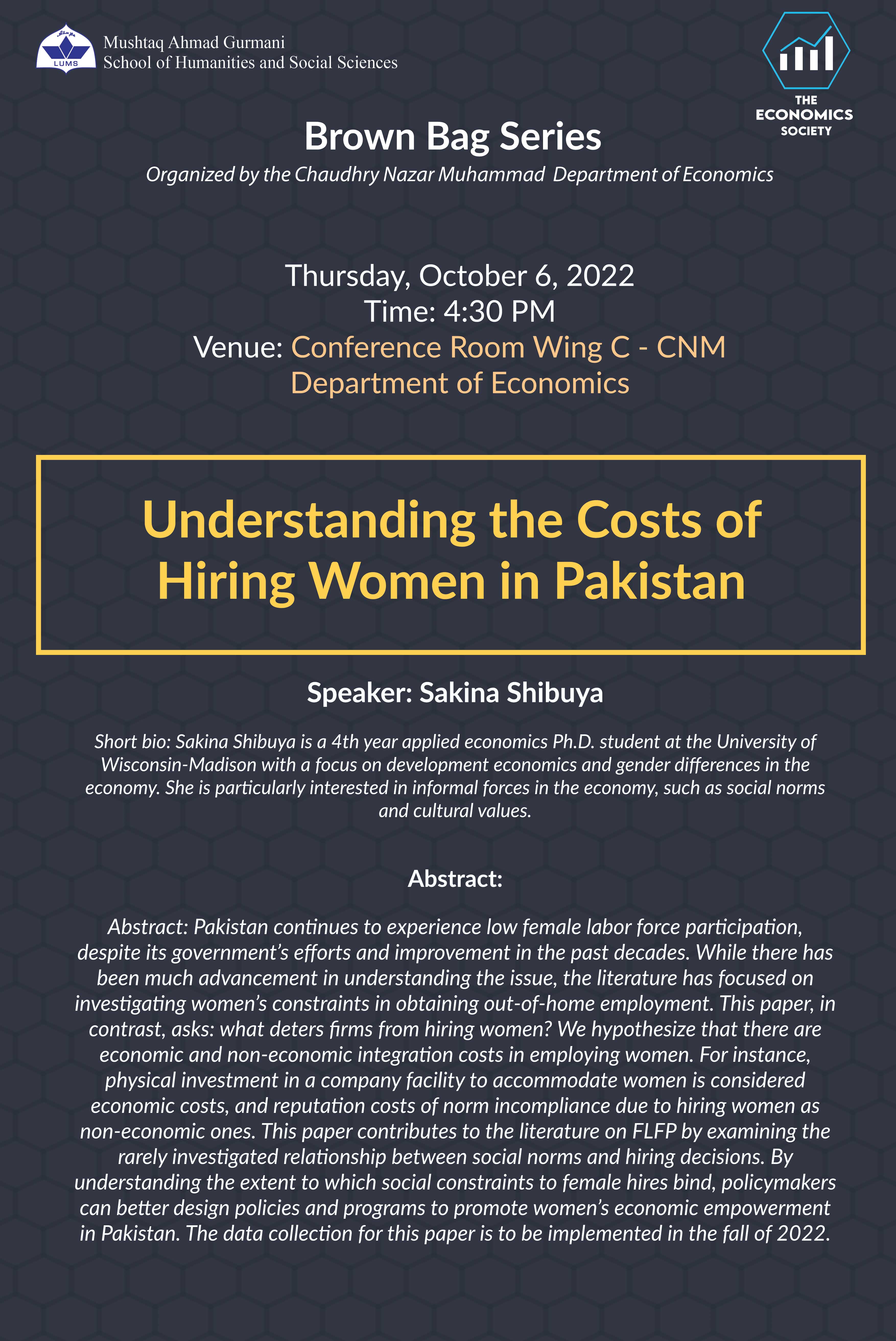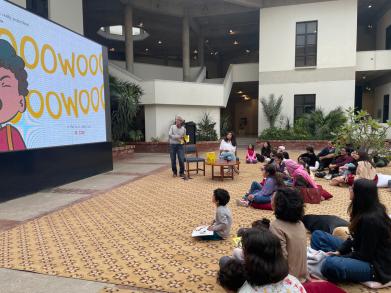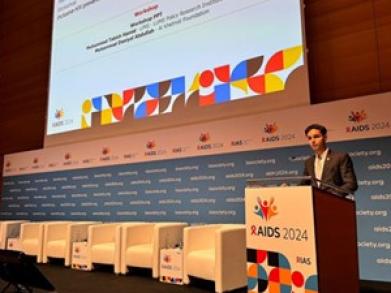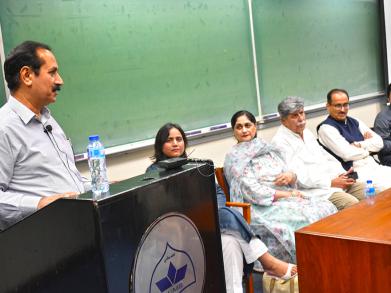
to
Abstract: Pakistan continues to experience low female labor force participation, despite its government’s efforts and improvement in the past decades. While there has been much advancement in understanding the issue, the literature has focused on investigating women’s constraints in obtaining out-of-home employment. This paper, in contrast, asks: what deters firms from hiring women? We hypothesize that there are economic and non-economic integration costs in employing women. For instance, physical investment in a company facility to accommodate women is considered economic costs, and reputation costs of norm in compliance due to hiring women as non-economic ones. This paper contributes to the literature on FLFP by examining the rarely investigated relationship between social norms and hiring decisions. By understanding the extent to which social constraints to female hires bind, policymakers can better design policies and programs to promote women’s economic empowerment in Pakistan. The data collection for this paper is to be implemented in the fall of 2022.
Short bio: Sakina Shibuya is a 4th year applied economics Ph.D. student at the University of Wisconsin-Madison with a focus on development economics and gender differences in the economy. She is particularly interested in informal forces in the economy, such as social norms and cultural values.























